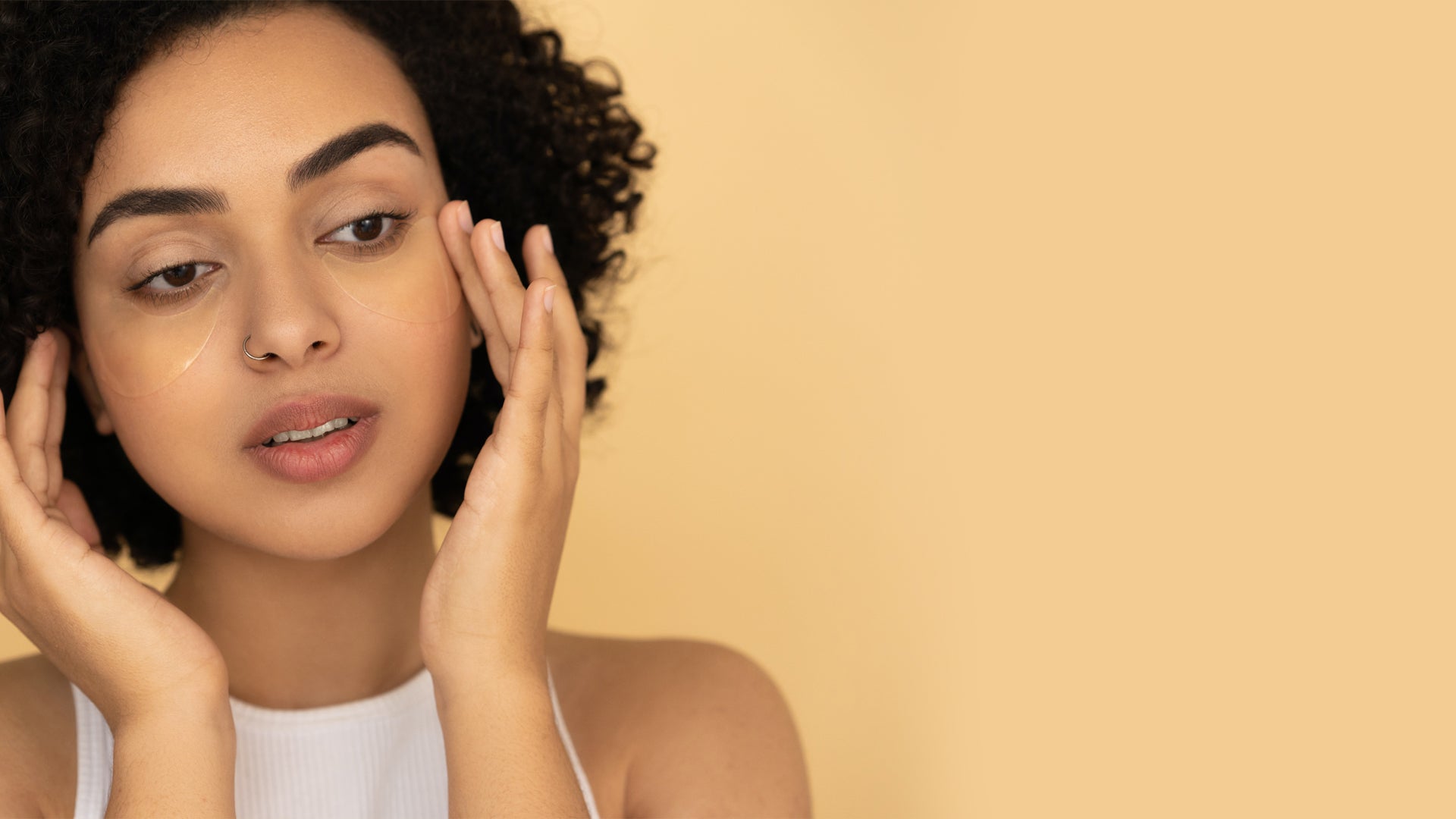
Vitamins, Minerals & Fats as your secret beauty routine
Does this situation sound familiar to you? One night you're enjoying fast food with your friends, and the next morning, several blemishes appear on your face. As tasty as the burgers and fries were, sometimes unhealthy eating leaves unsightly marks on the skin.
But why does this happen? All the nutrients we consume reach the skin via the blood. However, not all foods cause blemishes; some are actually beneficial for your skin. In this article, we'll explore the best foods for glowing skin and the essential vitamins and minerals that can positively influence your complexion.
Which Vitamins Are Good for the Skin?
The skin is our largest organ, responsible for many functions beyond its protective role. It's also incredibly sensitive, making it susceptible to various problems. Stress, poor nutrition, and certain diseases can all contribute to skin issues, as can a lack of vital vitamins for healthy skin. While a balanced diet generally provides these necessary vitamins, sometimes supplementation is required to maintain optimal skin health.
The Most Important Vitamins for Healthy Skin
- B Vitamins: B vitamins, particularly biotin (vitamin B7), soothe and strengthen your skin. Biotin is essential for the skin’s regeneration processes, supporting smooth cell growth and division. Vitamin B5 acts as a vital nutrient and water supplier for the skin, while vitamin B3 aids in protein, fat, and carbohydrate metabolism, contributing to the skin's regeneration and combating oxidative stress.
- Vitamin A: An essential nutrient for skin health, vitamin A supports the production of new skin cells, prevents dryness, and combats UV-related skin damage. The antioxidants in carotenoids, a type of vitamin A, help prevent premature ageing and even skin cancer.
- Vitamin C: Known for its antioxidant properties, vitamin C protects the skin from free radicals and inflammation, making it a crucial nutrient for acne-prone skin. It also supports collagen production, contributing to smooth and firm skin.
- Vitamin D: The "sun vitamin," vitamin D, supports skin cell metabolism, aiding in the production of new skin cells and promoting healing, particularly in chronic inflammatory skin conditions like acne or eczema.
- Vitamin E: Another powerful antioxidant, vitamin E protects the skin from premature ageing and accelerates wound healing, especially when combined with vitamin C and zinc. It's a key player in maintaining a youthful complexion.
Which Minerals Are Good for the Skin?
In addition to vitamins, certain minerals are essential for maintaining healthy skin. Consuming these best minerals for skin daily can help make your skin glow:
- Zinc: Crucial for skin renewal, zinc also supports the immune system and hormone balance. Its anti-inflammatory and antibacterial effects help soothe the skin and promote wound healing.
- Iron: A deficiency in iron can lead to pale, dry skin. Adequate iron levels ensure your skin remains supple and vibrant.
- Iodine: Iodine is essential for skin moisture and regeneration. A lack of iodine can lead to dry, flaky skin, so it’s important to include it in your beauty routine.
- Selenium: As an antioxidant, selenium protects the skin from free radical damage and premature ageing, offering detoxifying benefits as well.
Which Fats Are Good for the Skin?
Skin-friendly fats play a vital role in maintaining skin health. While saturated fats can increase harmful LDL cholesterol, unsaturated fats positively influence beneficial HDL cholesterol levels. It’s recommended to consume mainly (poly)unsaturated fats and limit saturated fats.
Key Skin-Friendly Fats:
- Omega-3 Fish Oil: Omega-3, found abundantly in fish oil, is considered a panacea for the skin. It keeps the skin soft, strengthens cell membranes, and helps fight impurities, including conditions like eczema, psoriasis, and rosacea. Omega-3 also counteracts skin ageing.
In addition to fats, proteins are crucial for maintaining smooth, firm skin. If your skin is losing its firmness, it may indicate a protein deficiency. Including soy products, pulses, nuts, and vegetables in your diet can help replenish your protein stores.
A Healthy Diet for Healthy Skin
Skin problems should always be taken seriously. If you're experiencing issues, consider what you've eaten recently, whether you've been under stress, and how your daily routine might be affecting your skin. A balanced diet, adequate sleep, and hydration are essential for maintaining healthy skin. However, the vitamins obtained from food or sunlight are not always sufficient. In such cases, taking additional vitamins for healthy skin can be highly beneficial. Create your own beauty routine with our high-quality minerals, vitamins, and skin-friendly fats because, as the saying goes, "true beauty comes from within."




